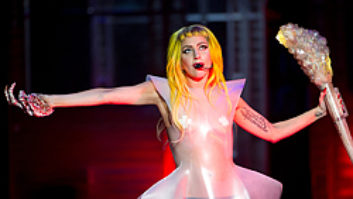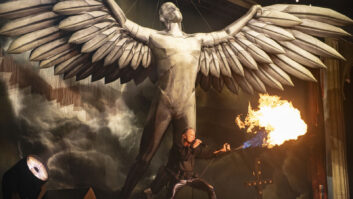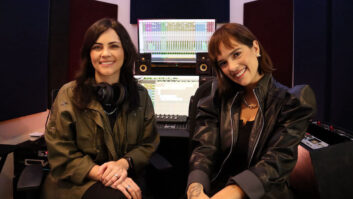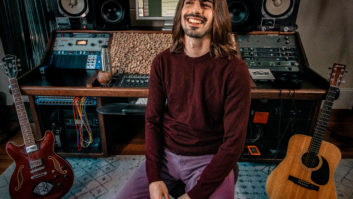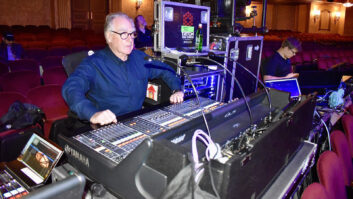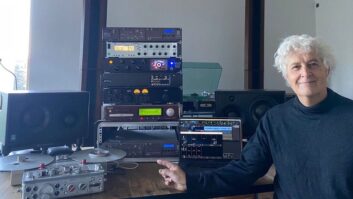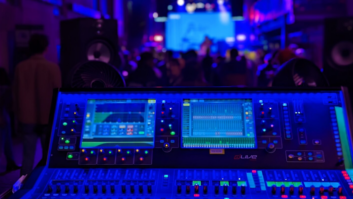The Thread, the blog of Duke University’s Duke Performances department, recently interviewed Ken Jacob, chief engineer and director of the Bose Live Music Technology Group, on a variety of topics regarding live sound. In a conversation that ranges from over-amplified concerts across a broad spectrum of genres to the trade-offs of speaker size versus audio quality, Jacob offers an interesting take on the classic notion of the “invisible” FOH engineer:

Audiences are used to hearing music mediated through technology in some way. We’ve talked to audio engineers who often tell us variations on the theme: “If you do your job well, you make yourself and your work invisible.” Do you agree that the ideal amplification system is one that goes unnoticed?
I understand the sentiment of many live sound engineers when they say their goal is to have the sound be “invisible”. I think they mean that the sound should serve the artistic purpose, and no more. I agree with that. However, I don’t think that always means “invisible”. Some artists want the amplification system to be a part of their artistic statement. Some acts use fake guitar amplifier facades on stage, for example, because they want the appearance of having lots and lots of powerful guitar amps.
In other words, it’s an artistic statement that includes the amplification system. And there are many other examples where the amplification system is very much a part of the act. For many other performances—for example, for singer/songwriters, or many acoustic-instrument-based acts, or many (but not all) jazz acts—the goal is to support the music is such a way that the audience is lost in the musical performance and forgets there’s a sound system. In that very important sense, the sound system becomes “invisible”. When that occurs, it’s like nirvana for many of us who make our living in this field.
What do you think? Do you agree with Jacob or have a different view? Share your thoughts below in the comments.
Interview: Bose Engineer Ken Jacobs Helps Artists Communicate with Audiences
